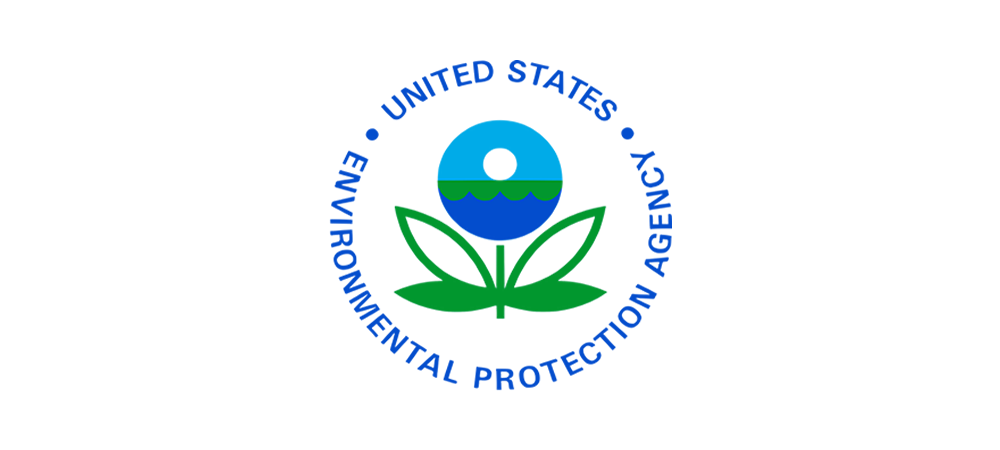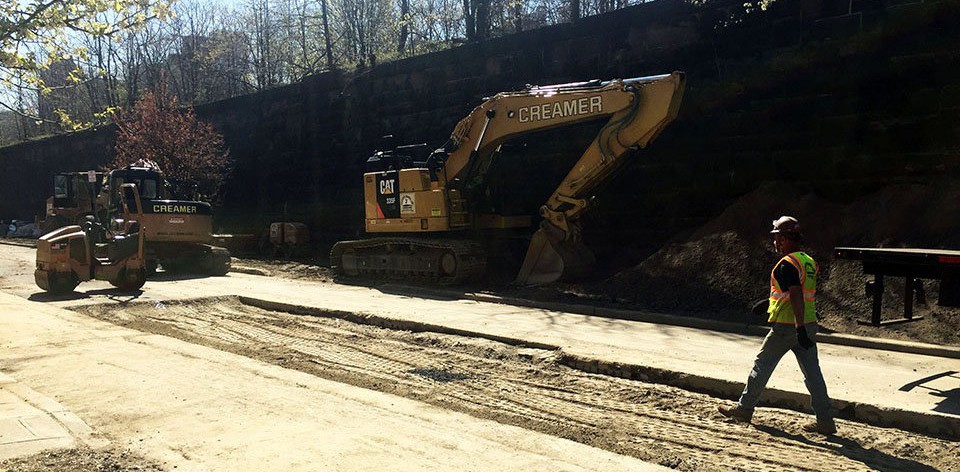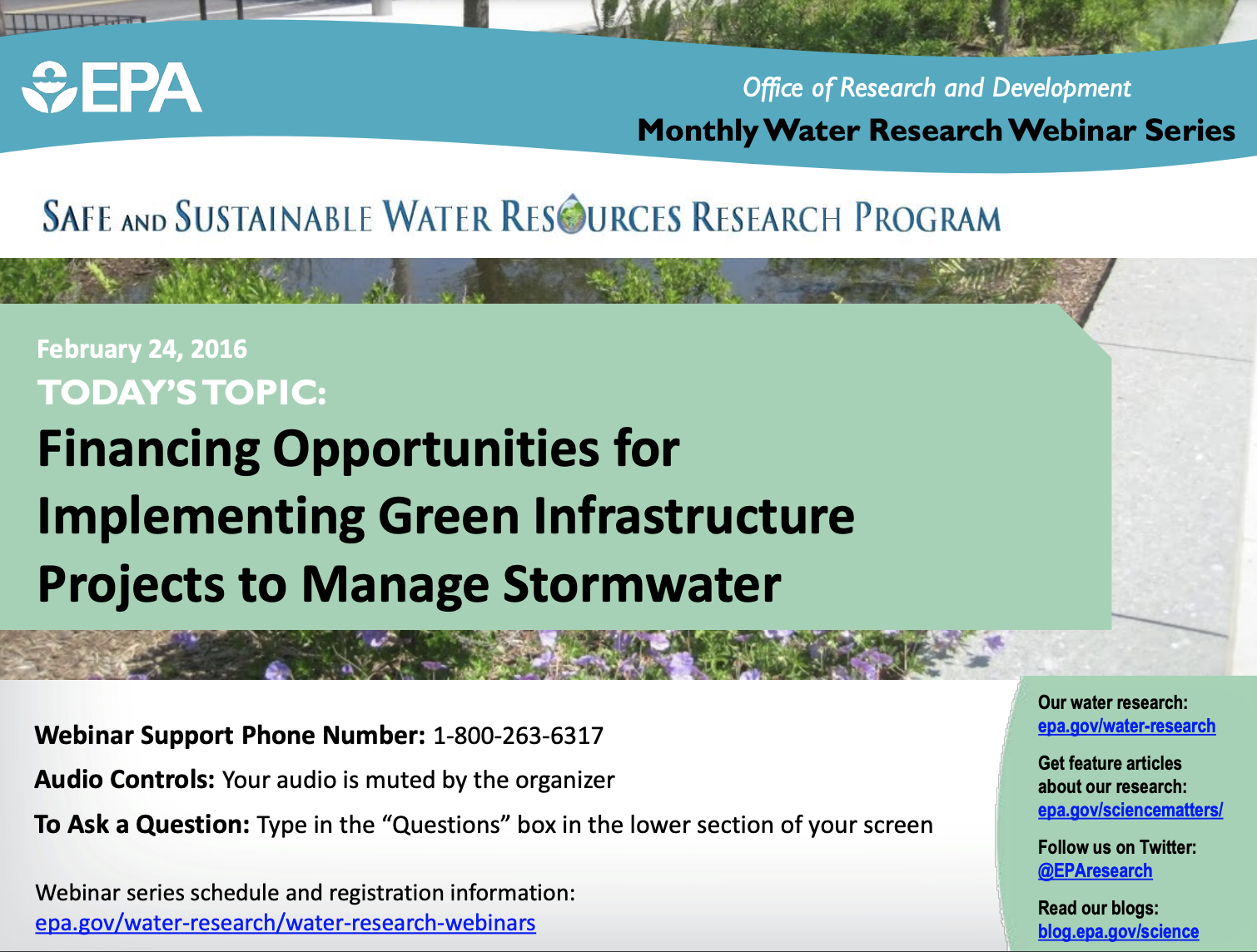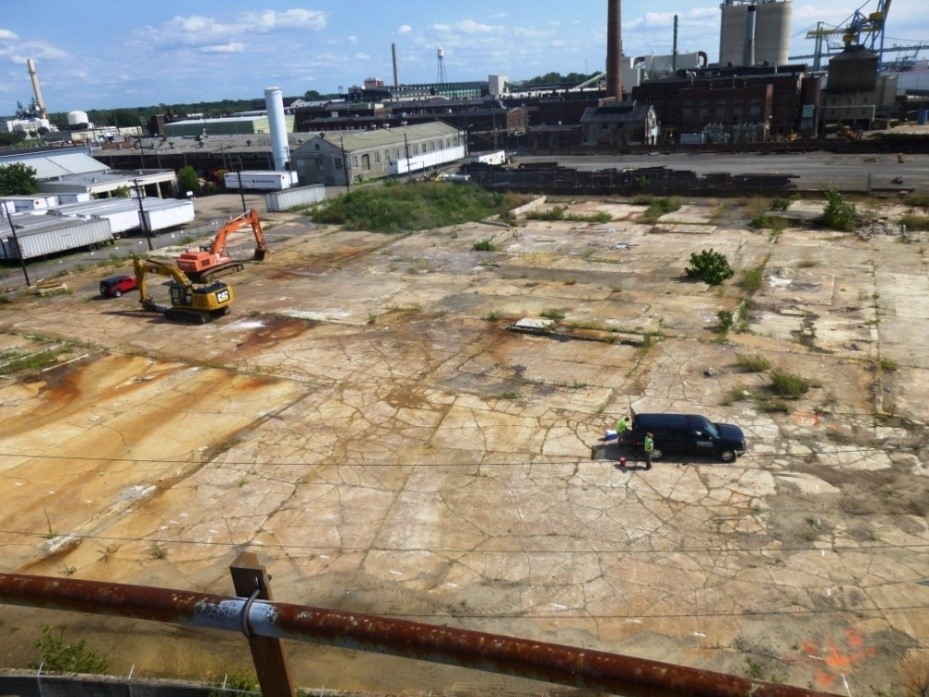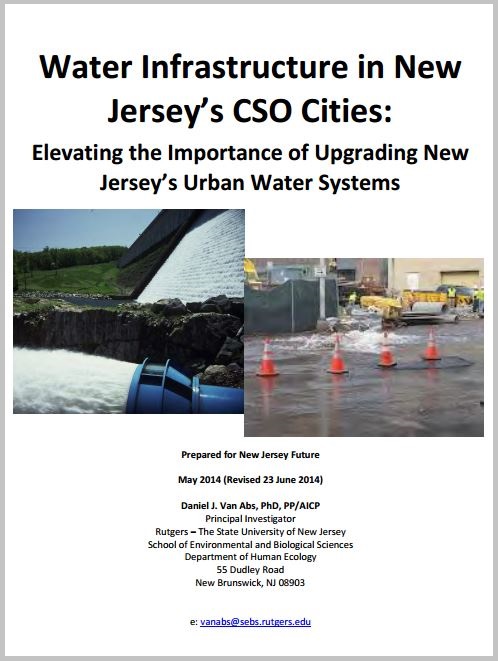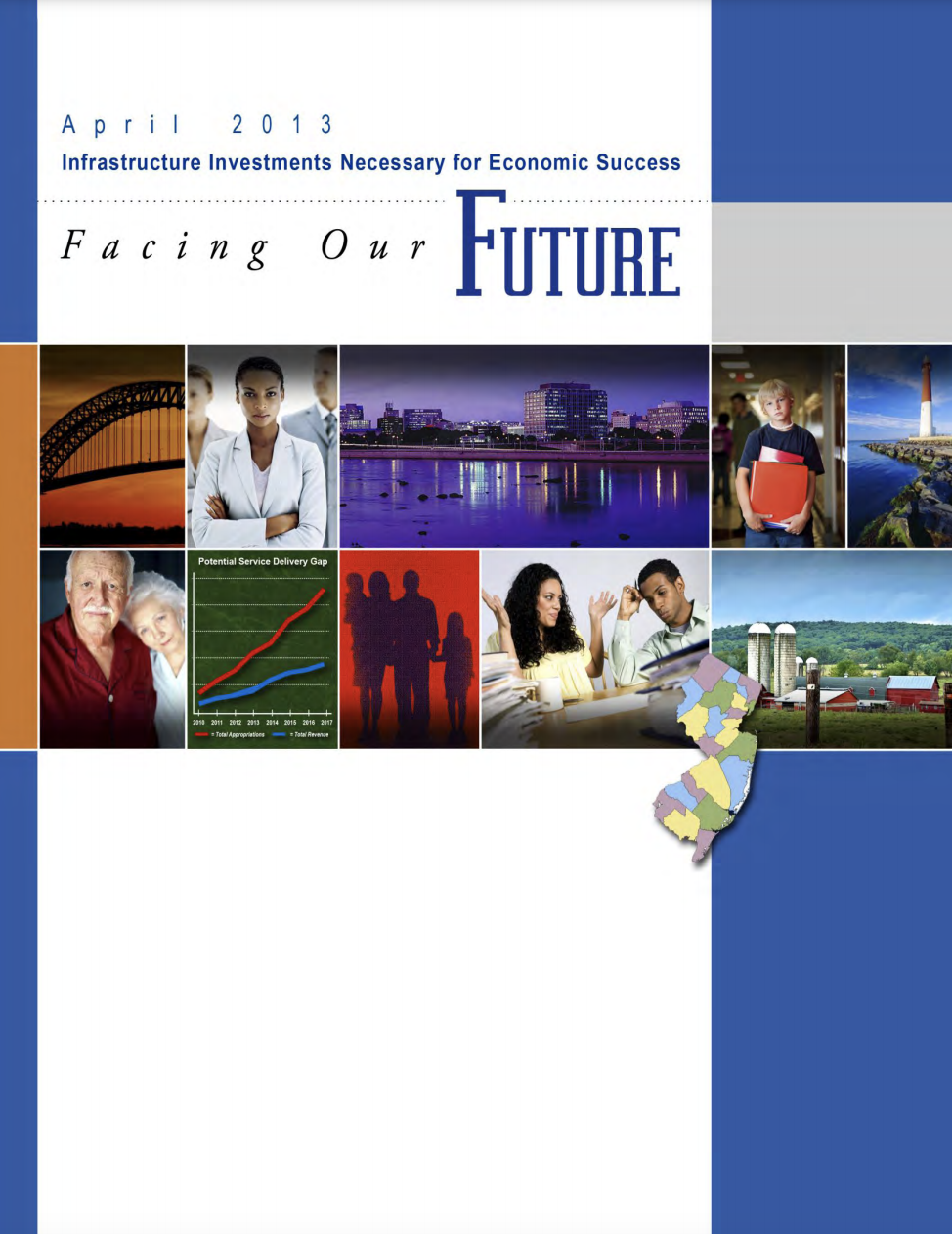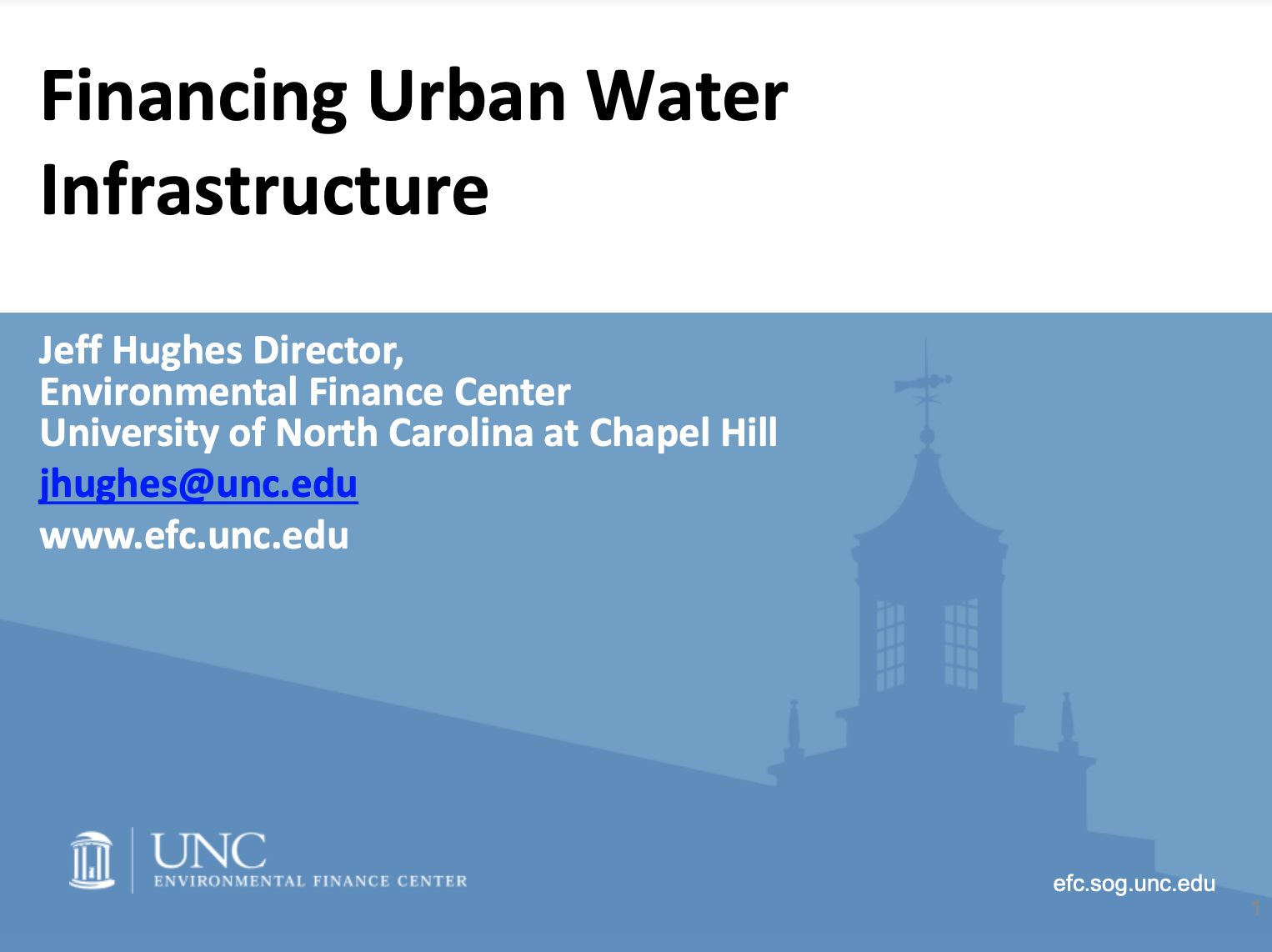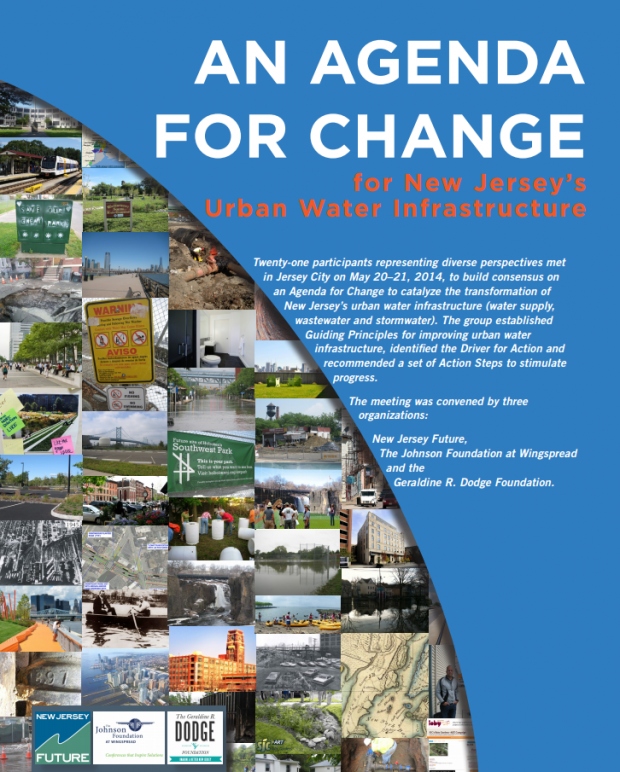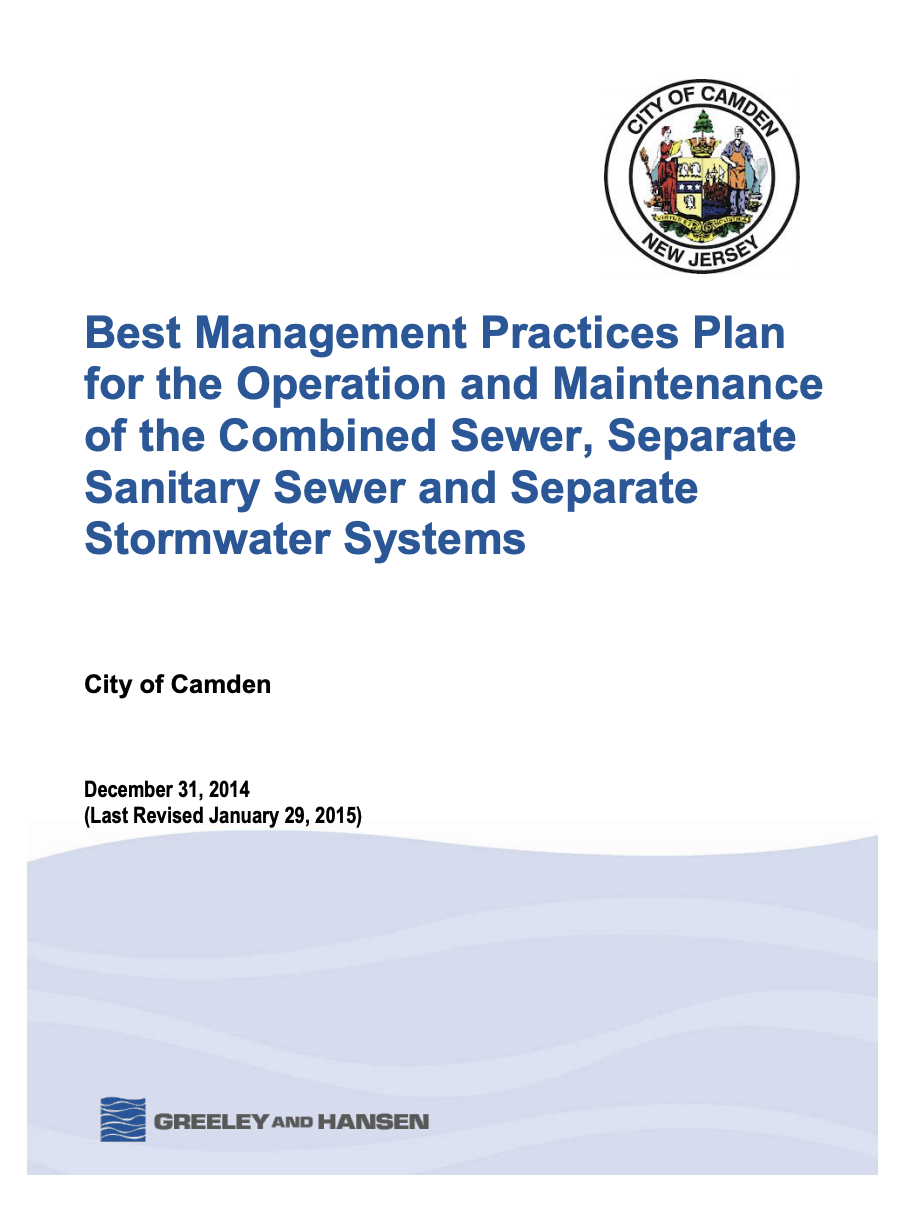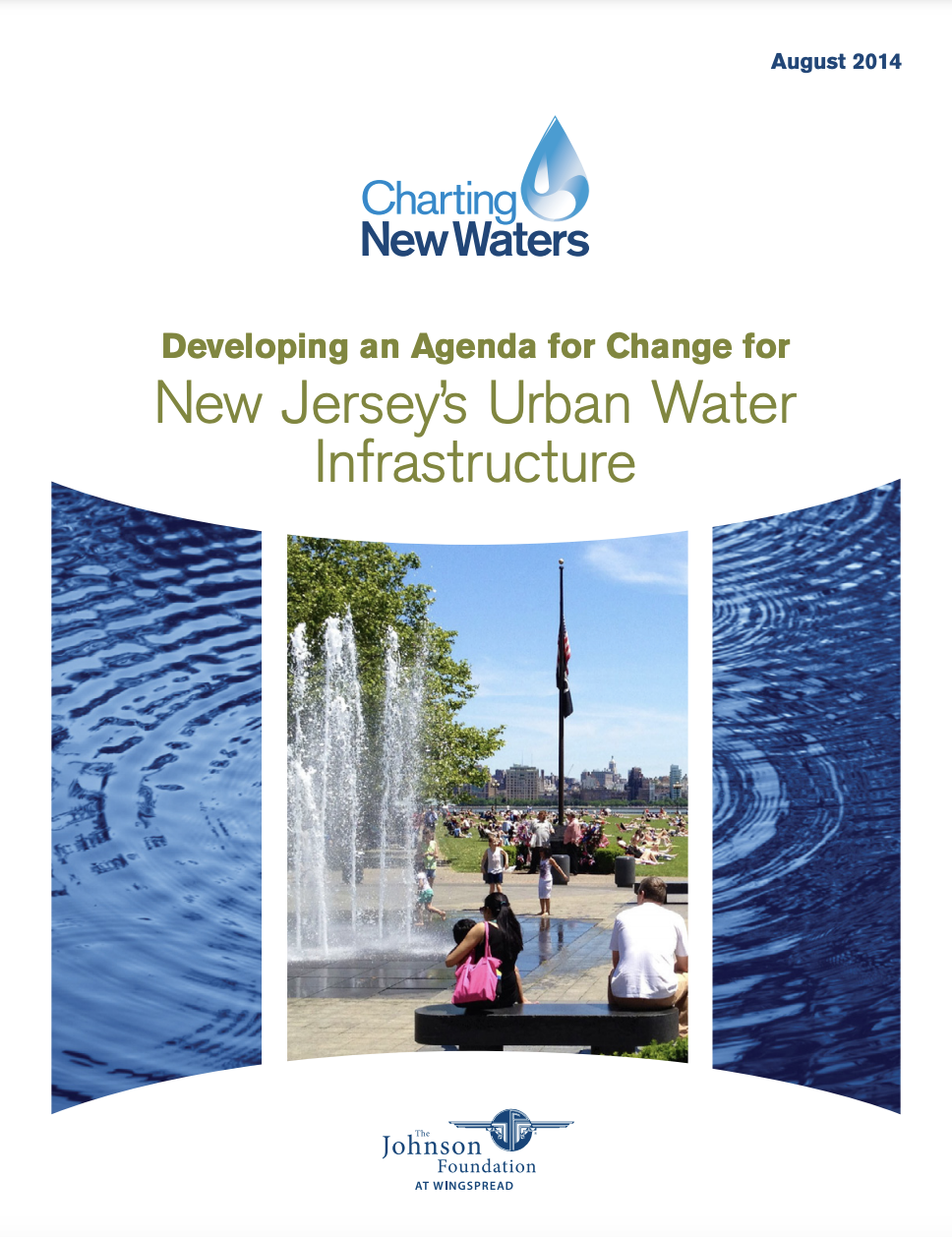From Portsmouth, New Hampshire to Homer, Alaska, drinking water and wastewater utilities across the country are working with EPA to prepare for climate change. These forward-thinking utilities are following the science that shows climate change brings increased water shortages in some parts of the country, while other areas grapple with increased stormwater runoff, flooding, and… Continue reading Protecting Drinking Water by Becoming Climate Ready
Topic: Paying for Water Infrastructure
Chipping Away: Water Infrastructure Improvements Improve Health, Safety & Quality of Life
Visible infrastructure, such as roads, bridges, railroads, ports, airports, the power grid, and even broadband, are vital to our everyday life and support our health, safety, and the economy. Just as vital, if not more so, is the less obvious water infrastructure, such as the pipes underground that provide us with drinking water and the… Continue reading Chipping Away: Water Infrastructure Improvements Improve Health, Safety & Quality of Life
Financing Opportunities for Implementing Green Infrastructure Projects to Manage Stormwater
This webinar presentation, by the Nature Conservancy and the Environmental Protection Agency (EPA), provides an overview of work done around the country that enables the utilization of public and private funding sources to implement GI in order to create the greatest ecological, economic and social benefits. In addition, the EPA describes innovative financing for green… Continue reading Financing Opportunities for Implementing Green Infrastructure Projects to Manage Stormwater
Using New Jersey’s State Revolving Fund to Reduce Combined Sewage Flooding in Camden City
This presentation by Andy Kricun, Executive Director of the Camden County Municipal Utilities Authority, reviews challenges facing clean water utilities and how to use State Revolving Funds to address those challenges. Using the City of Camden as a case example, the presentation considers Camden’s multi-pronged combined sewage overflow flooding prevention program.
Water Infrastructure in New Jersey’s CSO Cities: Elevating the Importance of Upgrading New Jersey’s Urban Water Systems
This 2014 report, prepared by Daniel Van Abs, PhD., for New Jersey Future, describes the new regulatory requirement facing the 21 New Jersey municipalities that have combined sewer systems, the characteristics of those cities and their combined sewer systems in particular, and the challenges they face in upgrading the systems.
Facing Our Future: Infrastructure Investments Necessary for Economic Success
This 2013 report presents the long-term needs and required infrastructure investments in the areas of electric power, transportation and water systems. The report provides a fact-based, analysis-driven opportunity to understand and explore realistic ways in which New Jersey can spur economic development – and economic success – through infrastructure investments.
Financing Urban Water Infrastructure
This presentation, by University of North Carolina Environmental Finance Center director Jeff Hughes, provides a simple, comprehensive overview of the primary ways water infrastructure is financed, and also highlights some recent innovative approaches. 2014.
An Agenda For Change
This white paper from New Jersey Future summarizes the outcome of a 2014 gathering on water infrastructure, including guiding principles for improving urban water infrastructure, drivers for action and a set of action steps to stimulate progress.
Best Management Practices Plan for the Operation and Maintenance of the Combined Sewer, Separate Sanitary Sewer and Separate Stormwater Systems
This document presents industry-accepted standards that a well-run utility uses to operate and maintain its combined sewer system, separate sanitary sewer system, and separate stormwater system. Camden County Municipal Utilities Authority. 2014.
Charting New Waters: Developing an Agenda for Change for New Jersey’s Urban Water Infrastructure
This report provides The Johnson Foundation at Wingspread’s comprehensive description of the 2014 convening that spawned the Agenda for Change and synthesizes the broader range of information, insights and ideas shared during the convening.
